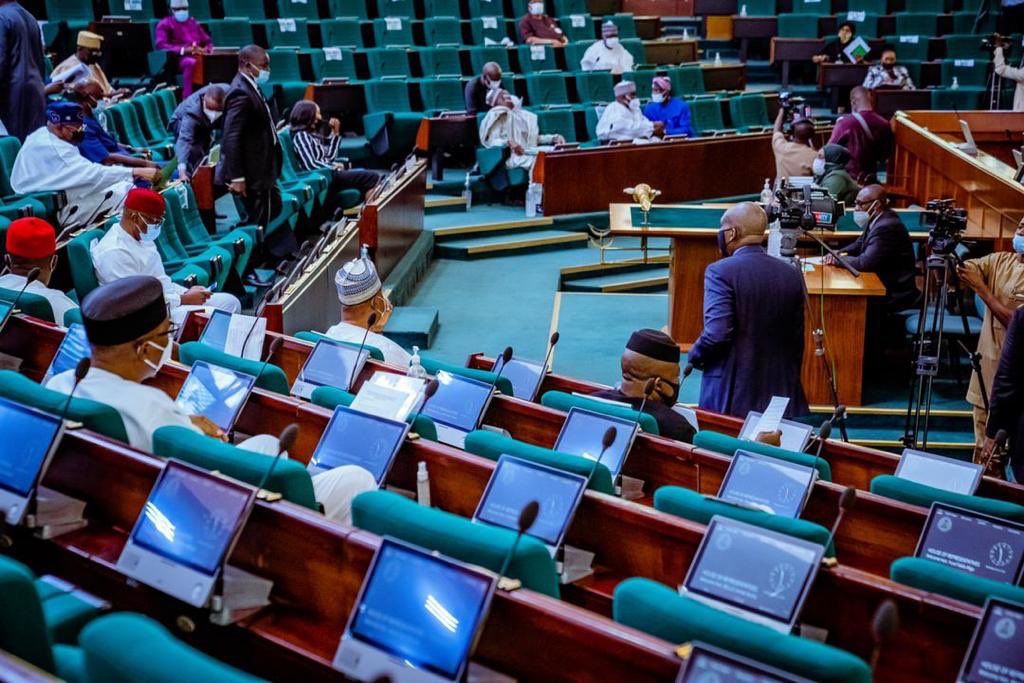The House of Representatives has said it expects the submission of the 2025 Appropriation Bill by the executive as it resumes from its annual recess today.
The house spokesperson, Rep. Akin Rotimi Jr, disclosed this in a statement on Monday.
He said timely submission from the executive would be crucial as it facilitated thorough scrutiny and public input through town hall meetings, a practice he added was pioneered by the house during the 2024 budget review.
“The house is firmly committed to maintaining the January – December budget cycle and anticipates cooperation from the executive in this regard,” he said.
He added that the house was also poised to continue with its critical legislative duties by focusing on constitution review, electoral reforms, local government autonomy and others.
Rep. Rotimi Jr said the constitutional review process served as the bedrock of our democracy and embodied the collective aspirations of Nigerians for a just society.
The spokesperson said, “The house reaffirms the December 2025 deadline to arrive at definitive outcomes for the Sixth Alteration to the 1999 Constitution (as amended). The House Committee on Constitution Review (HCCR), chaired by the deputy speaker, Rt. Hon. Benjamin Kalu, will intensify efforts to address pressing issues and align our laws with the needs of the public.
“To date, we have received about 305 memoranda from the public and about 150 Constitution Alteration bills from honourable members, reflecting significant public engagement and concern. These bills will be given accelerated consideration.”
On electoral reforms which he said in line with Article 6.7 on Law Reform in the Legislative Agenda of the 10th House, it will prioritise amending the Electoral Act 2022 to address gaps, including vague and contradictory provisions.
He added, “In line with our agenda, we are also committed to establishing a mechanism for periodic reviews of electoral laws to ensure they remain relevant and aligned with global best practices.
“Notably, groundwork for this process has already begun with a citizen town hall on electoral reforms held by the House Committee on Electoral Matters in November 2023. As we resume, the house will build on these ongoing efforts to strengthen our electoral framework.
“In light of the landmark Supreme Court ruling in July 2024 on local government autonomy, we anticipate bills aimed at ensuring the consequential alignment of various extant laws with this new reality. This issue is pivotal to our legislative agenda, particularly Article 6.3 on Law Reform (Agenda 3).”
He said the 10th Assembly has proposed several reforms for Nigeria’s local government councils, including constitutional changes to grant them financial and operational independence.
He noted that the shift is essential for clearly defining the roles and responsibilities of local governments and preventing overlaps and conflicts.
He further noted, “Further reforms will address electoral processes within local councils and clarify their roles in maintaining security at the grassroots level. These initiatives are crucial for empowering local governments and ensuring they effectively serve their communities.”
The house spokesperson further informed that considering the recent policy statements from the Minister of Finance and Coordinating Minister of the Economy, Wale Edun, the house anticipates an executive bill concerning Whistleblower Protection.
He added, “This initiative aligns with our 8-Point Legislative Agenda, particularly aspects focused on strengthening good governance and improving national security.
“Efforts in this area promise to significantly boost the fight against corruption and improve Nigeria’s revenue streams. Several lawmakers in the 10th Assembly, including myself, have sponsored related bills that hold great potential not only for combating corruption but also for enhancing national security.”

 Join Daily Trust WhatsApp Community For Quick Access To News and Happenings Around You.
Join Daily Trust WhatsApp Community For Quick Access To News and Happenings Around You.


